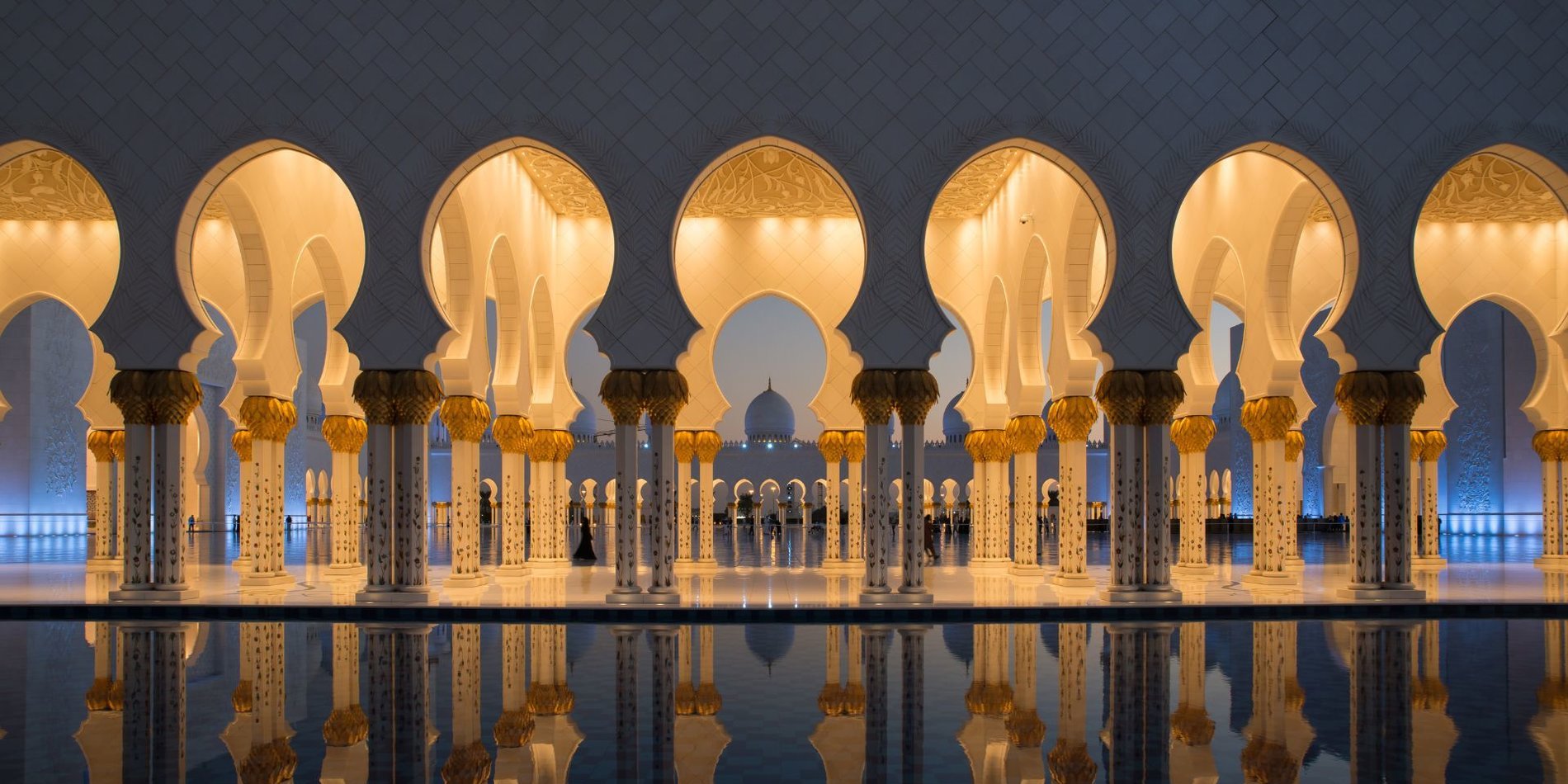TAPS 22N: Culture, Conflict, and the Modern Middle East
General Education Requirements
Course Description
In this course you will encounter the Middle East through places, peoples, and performances, beyond the basic study of identifying the region and learning its history. The main question that we will contend with is: how can one achieve an ideal encounter with a people? Through experience and experimentation, we will attempt to approach the region from different angles, perspectives, and disciplines. You can expect to be surprised again and again as we find ways to see, hear, touch, smell, and taste the Middle East through carefully curated readings, viewings, practices, assignments, and events, each teaching us a different way of thinking, creating, and living. Yet, in all these encounters, the theme of performance will return to remind us that knowledge of ourselves and the other is but a tangible exhibit of performances of everyday life. From virtually visiting architectural wonders such as Petra and the Pyramids, to encountering classic literatures such as the Arabian Nights, to finding the best Shawarma in town, to performing the Middle East, to confronting political realities and investigating historical myths, you can expect to immerse yourself with a region and its people. In our search for an ideal encounter, we will be sure to shed some fantasies, experience some realities, imagine some possibilities, and find a version of ourselves.
Meet the Instructor: Samer Al-Saber

“I am a professor of Theatre and Performance Studies, a theatre director, and a scholar of Middle East Studies. I am also a faculty member in the Abbasi Program for Islamic Studies and CCSRE (Center for the Comparative Study of Race and Ethnicity). I have previously taught courses on conflict in the Middle East as well as Staging Islam and American Politics, but for this intro-seminar, I decided to take a different approach. I asked myself: how can I teach a course on the Middle East that privileges living an idea over reading texts? I believe that encountering ideas, places, and peoples can be achieved by curating experiences. I designed this course for students whose idea of homework is to seek adventure inside and outside the classroom.”




